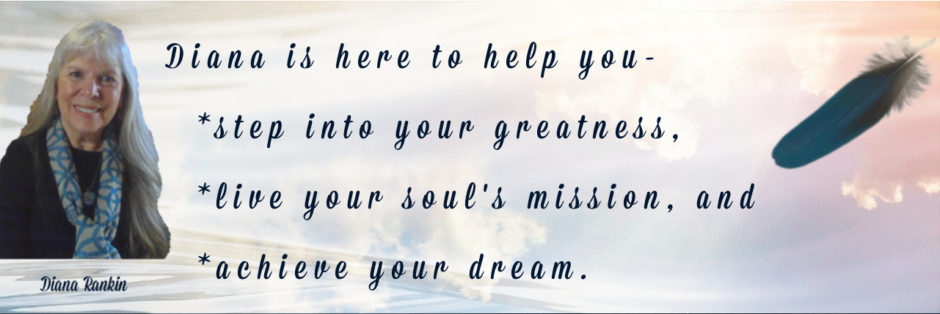Diana: Speak to me of commitment.
Phillip: Commitment may begin with the excitement of the new. But, commitments are made only after the fire of the excitement is long past.
For example, commitment to healing far surpasses the excitement of the miracle. Commitment requires the miracle. It then goes to a space of no miracle. This causes the human to examine what a miracle is. Most humans ae unaware of what a miracle is. They see only the spectacular. When one can no longer see the spectacular, one then is faced with their own commitment. This commitment—regardless of the timetable—is what will lead to the real healing and the truth of the miracle.
Diana: Is there never a time to rethink and change a commitment?
Phillip: Yes, of course, but then this is not a real commitment but a false one. Like the child’s game, the commitment is made with fingers crossed.
Diana: Is this a cultural thing?
Phillip: If by this you mean that Americans lack the ability to make commitments, yes. This is part of this country’s collective consciousness. There is a greed in this consciousness for life to be instantaneous. Patience is lacking.
Diana: And commitment requires patience.
Phillip: Oh yes, years may be required in fact.
Diana: We don’t think in years. We think in 30-second sound bites.
Phillip: This is why it is wise for you to spend time in more ancient cultures. Here you see the patience of centuries.
Diana: Tell me more about false commitments.
Phillip: What is there to tell? A false commitment is a wrong commitment. It is one you make without truth. Like a parent having a child before searching their hearts to see if that is right for them.
Diana: When you make a commitment based on fear, is that a false commitment, such as getting involved in a relationship because we’re lonely or afraid to be alone?
Phillip: Yes, so is making a commitment based on being able to perform miracles.
Diana: Explain.
Phillip: If the human makes a commitment to know their true nature so that they can perform spectacular miracles this is a false commitment based on ego fear. It is only when the human makes a commitment to their self for their own growth is there a true commitment.
Diana: Trying to heal the other is a false commitment. Healing myself is a true commitment. What if a parent working to heal their child? It seems to me parents go to great lengths to heal their children.
Phillip: Look again. Your view is too narrow. What drives the parent? Is it not the parent’s own fear of loss or failure?
Diana: You’re not saying a parent should just let the child be sick?
Phillip: No, no, no. Look at the intent. What drives the parent? What is the commitment?
Diana: Ah, the commitment must be for the greater good. The parent may begin the commitment to find a cure for their child, but the commitment itself must go beyond the child’s healing. It must be for the greater good or else when the child either heals or dies the parent’s commitment will be gone, a false commitment. If it is a true commitment, then even after the child is well or dies, the parent is still committed to love. For example, they may work to help find a cure for the disease to help other children.
Phillip: Yes.
Diana: Are there degrees of commitment?
Phillip: No. There are degrees of expressions and energy spent. There are no degrees of commitment. There is or there isn’t a commitment.
Diana: We can go through the motion and make it look like a commitment, but that doesn’t mean there is a commitment. What makes the difference?
Phillip: The heart.
